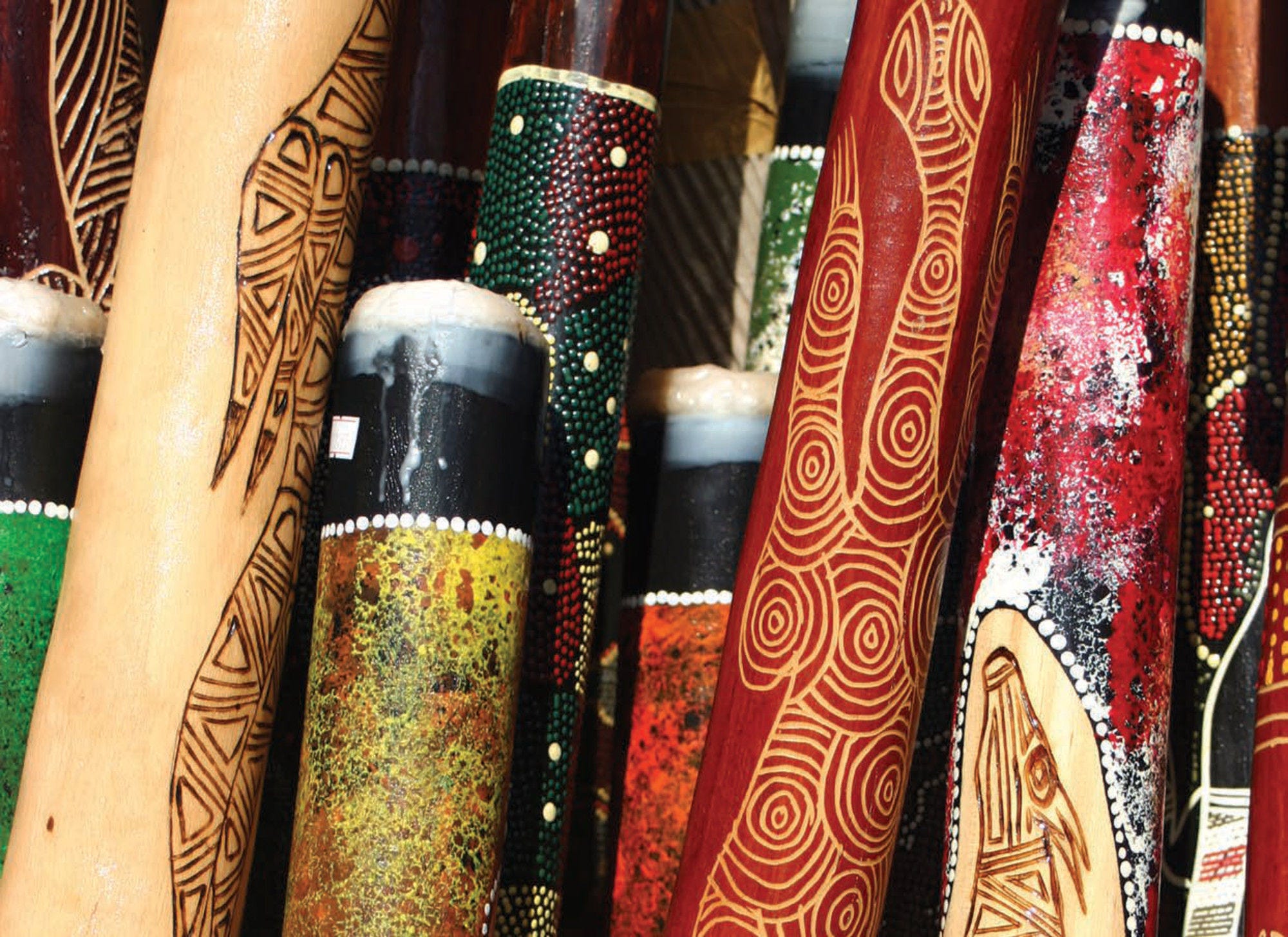There are around 38 million Indigenous people across 12 OECD countries. Too often, they face large gaps when looking at economic, employment, and social measures. Improving access to labour market and training opportunities can enable Indigenous people to harness their potential, while building a stronger and more inclusive local economy.
Ensuring that Indigenous people have access to good employment opportunities is a clear priority for the Australian Government. A series of targets have been introduced under the Closing the Gap initiative to deliver better education and employment outcomes. In 2018, four of the seven targets expired and since this time, Commonwealth, State and Territory governments have agreed to a Closing the Gap Refresh, which places a priority on working closer with Indigenous Australians to co-design and implement the next phase of targets.
To get people into work, the Department of Employment, Skills, Small and Family Business manages a number of employment programmes including jobactive - a network of employment service providers that operates in 1 700 locations across Australia. Indigenous Australians have access to jobactive as well as a range of other targeted programmes and services, such as Vocational Training and Employment Centres, Disability Employment Services, and Transition to Work. The Australian Government is set to roll out a new employment services model in 2022. This OECD report hopes to inform potential new directions for the design of employment services, especially as it relates to improving outcomes for Indigenous Australians.
This report considers both quantitative and qualitative data regarding employment, skills, and entrepreneurship opportunities for Indigenous Australians. Case studies focusing on local employment and training organisations in Sydney, New South Wales and Perth, Western Australia were undertaken to better understand how programmes are being implemented to match Indigenous Australians to jobs. In-depth interviews were undertaken with Olympus Solutions Limited, Replay, the Yarn’n Aboriginal Employment Service, atWork Australia, the Wirrpanda Foundation, the Aboriginal Employment Consultancy Group and PEEDAC. Results from this study were also discussed at a joint OECD-Department of Employment, Skills, Small and Family Business workshop in October 2018 at the National Centre for Indigenous Excellence, bringing together a number of the case study representatives as well as other Indigenous community leaders across Australia.
This report is part of a wider body of work on Indigenous people within the OECD Centre for Entrepreneurship, SMEs, Regions and Cities. This report is part of the OECD Reviews on Local Job Creation, which is included in the Programme of Work and Budget of the OECD’s Local Economic and Employment Development (LEED) Programme. Throughout this report, the term Indigenous Australians is used to encompass both Aboriginal Peoples and Torres Strait Islander Peoples.
